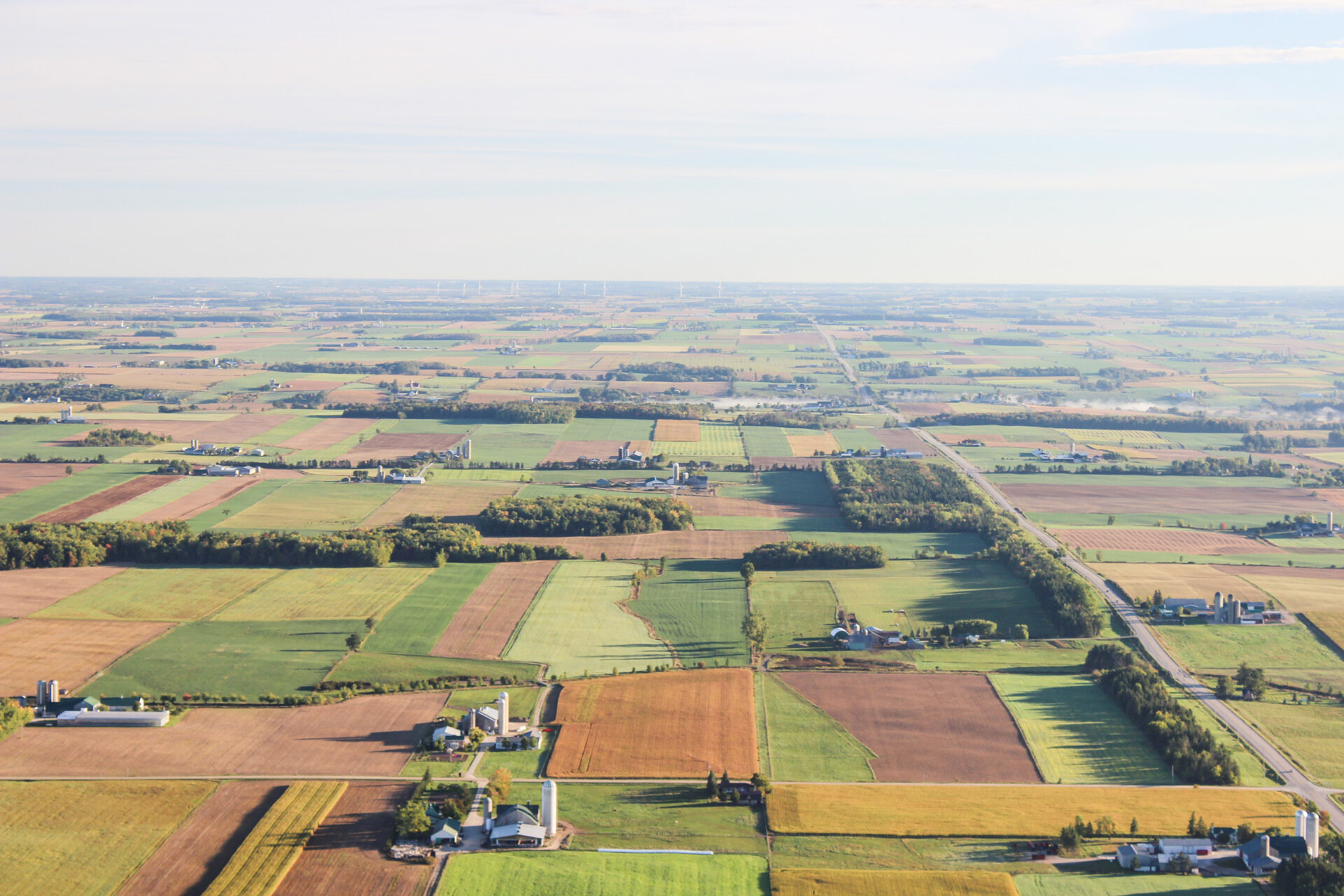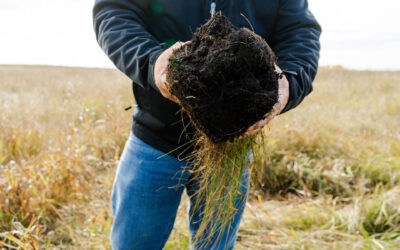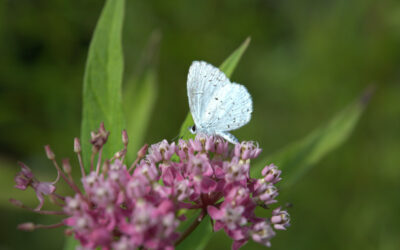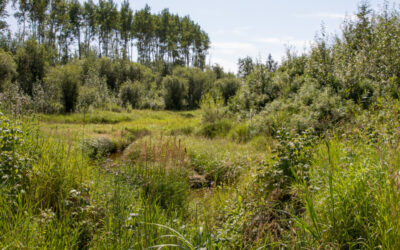Farmers share experiences of environmental stewardship, noting positive impact on mental and emotional well-being

Every year in the first week of May, Canadians celebrate, protect and promote mental health within their communities as part of the Canadian Mental Health Association’s Mental Health Week. This year’s theme is My Story, which encourages individuals to share their experiences with mental health to reduce stigma.
Barriers to accessing mental health care services, such as limited availability and the stigmatization of seeking help, are present in both urban and rural communities. However, rural communities have significantly less access to mental health services (Canadian Psychological Association). A survey conducted by Farm Credit Canada (2018) showed that over half of farmers in Canada feel that there is a stigma attached to mental health. These challenges pose significant obstacles for farmers wanting to seek help and address their mental health concerns.
Spending time in nature is known to have a powerful impact on well-being and engaging with the natural world can result in a range of positive benefits including improved mental health. However, many studies consider the beneficial impact of being in nature from within an urban context. But Environmental Health Promotion students from Western University wanted to explore whether farming with nature-based solutions could generate similar mental health benefits.

The students reached out to ALUS Middlesex participants to hear their experiences with restored natural environments. Participants spoke about how they felt connected to the landscape through their environmental stewardship work and reported feeling responsible for the well-being of their land. Participants also noted the various advantages of their nature-based projects. Now along with growing food and fiber, participants are also cultivating benefits for nature, themselves, their families and their community.
While ALUS participants expressed that balancing the economic aspects of agriculture with stewardship could be challenging, since ultimately their livelihoods depend upon agriculture, they also noted they experienced positive and even “therapeutic” feelings when they had the opportunity to engage in creating nature-based projects on their lands.
While these interviews point to a positive relationship between stewardship and mental health, more research is needed to discover whether farming with nature-based solutions could have a widespread positive mental and emotional impact on farmers.
Lack of mental health resources in rural communities creates a significant obstacle for farmers to seek help and address their mental health concerns. The farmers interviewed have been able to find psychological well-being and meaning from their environmental stewardship work, but it is still crucial that mental health services are more readily available and accessible to remote communities, and that we work together to reduce stigma.
If you or someone you know is experiencing an urgent medical health crisis, call 911. If you or someone you know is thinking about suicide, call Talk Suicide Canada at 1-833-456-4566 or for residents of Québec call 1-866-277-3553. Support is available 24 hours a day, seven days a week. You can also find one-on-one mental health support through Wellness Together Canada. Call 1-866-585-0445 or text WELLNESS to 741741 for adults.
For more information or support, consider these resources:
Mental health and wellness – Canada.ca
Manitoba Farmer Wellness Program



